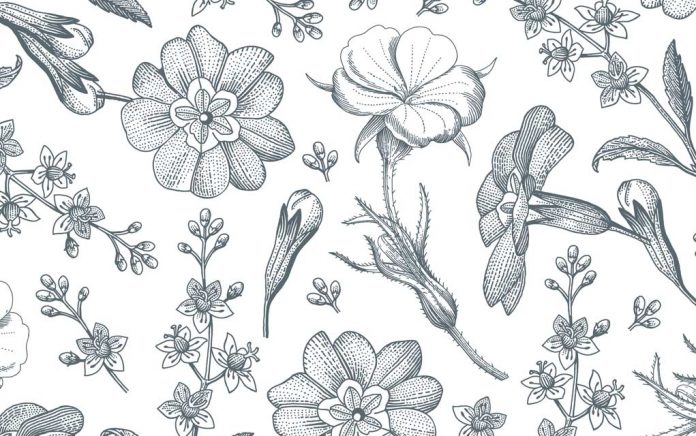
While the majority of people seeking alternative and complementary medicine are women, we must not neglect you men out there. Prostate health is one area that becomes an issue for most men at some point in their life.
Benign Prostatic Hypertrophy (BPH)
Benign prostatic hypertrophy (BPH), or non-cancerous enlargement of the prostate gland, is the most common prostate problem. After age sixty, more than 70% of men are afflicted with BPH and about 40% for men in their fifties. BPH symptoms can vary, but the most common signs are trouble urinating, frequent need to urinate, unable to void completely, decreased force of stream, dribbling urine, and needing to urinate more than twice a night.
Prostate Cancer
It is important for men over the age of forty to get regular checkups because prostate cancer may be present even with no, or minor, symptoms. According to the American Cancer Society, "prostate cancer is the second leading cause of cancer death in American men". However, prostate cancer is also very treatable. In fact, the 5 year survival rate for prostate cancer is nearly 100% when discovered early.
Treatment
There are many treatment options for both BPH and prostate cancers. Surgery is one option, as is the use of prescription drugs, but there are many other natural options as well. There are many changes that can be made via diet, exercise, and lifestyle choices
Effective natural remedies include saw palmetto, pygeum, stinging nettles, zinc, lycopene, vitamin E, selenium, boron, essential fatty acids, and milk thistle. TCM offers its own complement of Chinese herbals and, as always, the focus is on determining the imbalance in the body and formulating an herbal prescription based on the diagnosis.
Diet
It is interesting to note that Japanese men, native to their country, have the lowest rates of prostate cancer in the world. However, when they begin to eat like the average North American, their cancer numbers rise to equal those of their western counterparts.
One major difference between the Asian versus Western diet is the limited consumption of red meat and the greater consumption of soy products like tofu, miso, and tempeh. Soy contains two substances that have been found to be anti-cancerous: the isoflavones genistein and daidzein. There are many ways that soy can be eaten, but if you're still adverse to soy foods, you can also take standardized soy extracts in capsulated form.
Essential fatty acids (EFAs for short) have also been shown to be involved in healthy prostate function. EFAs are unsaturated fats that are necessary components in every membrane of the body. We need to consume EFAs in our diets because our bodies cannot produce them. They can be found in flax seed oil, borage oil, sunflower seed oil, primrose oil, and fish (salmon, tuna, sardines, mackerel) oil, to name a few.
Other important nutrients for prostate health include: lycopene (the nutrient that colours tomatoes bright red), zinc (immune system booster found in pumpkin seeds, barley, and chicken), vitamin E (a powerful antioxidant found in avocados, broccoli, and almonds), and garlic (which has anti-tumour properties). For more recipe ideas, visit Naturally Savvy's recipe section or you can also check out: www.wholehealthmd.com.










